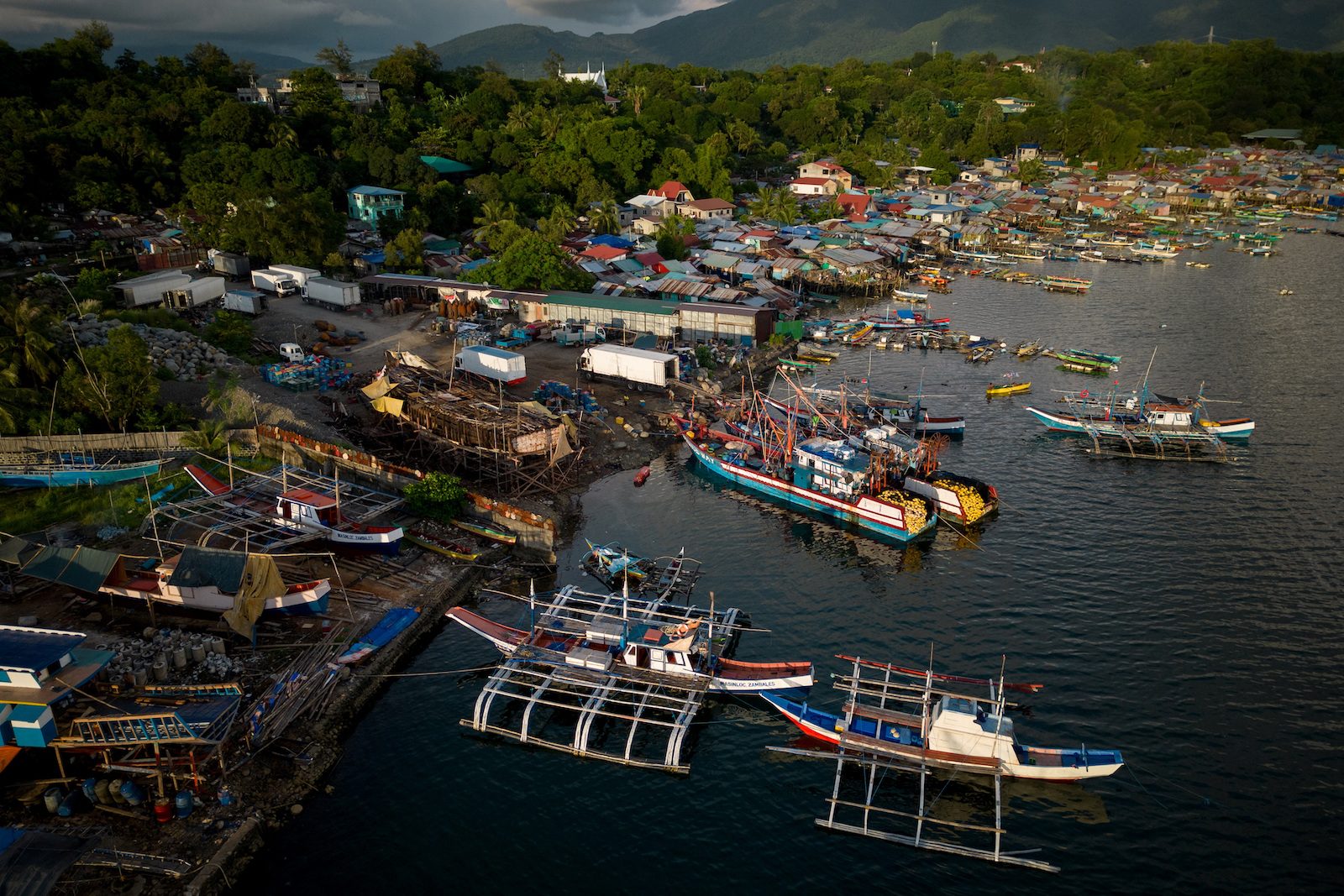SUMMARY
This is AI generated summarization, which may have errors. For context, always refer to the full article.

MANILA, Philippines – The Supreme Court affirmed the decision of the Malabon Regional Trial Court allowing Mercidar Fishing Corporation to fish within municipal waters, an area usually designated for small fisherfolk.
In December 2023, Malabon RTC Judge Zaldy Docena allowed Mercidar to operate within the 15-kilometer municipal waters except in shallow waters (less than 7 fathoms deep).
In a resolution dated August 19, 2024, the High Court’s First Division denied the the Bureau of Fisheries and Aquatic Resources and the Department of Agriculture’s petition for certiorari assailing the RTC’s decision. Certiorari is a legal remedy used to review another court’s decision for grave abuse of discretion.
The SC noted that there was no appeal “filed of the December 11, 2023 Decision of the RTC within the 15-reglementary period, which led to the judgment becoming final and executory.”
In other words, the DA and BFAR failed to file the necessary motion for reconsideration in time, paving the way for the lower court’s decision to become immediately final.
Aside from allowing Mercidar to fish within the 15-kilometer zone, the RTC decision found certain provisions of the Fisheries Code unconstitutional. It also prohibited authorities like the Philippine National Police and the Philippine Coast Guard from enforcing the 15-kilometer limit in so far as Mercidar is concerned.
The SC also found that the petition per se lacked legal basis and only alluded to purely policy considerations when it said allowing commercial operators within municipal waters could “lead to faster collapse of fish stocks and irreversible damage to habitats.”
The Philippines’ Fisheries Code gives small fisherfolk preferential rights to fish 15 kilometers from shore.
A two-part Rappler investigation showed that Mercidar is partly owned by Monica Elena Cordoba, the wife of former National Telecommunications Commission (NTC) chief and now Commission on Audit Chairperson Gamaliel Cordoba.
Under Cordoba, the NTC did not issue service identity numbers needed for the system that tracks commercial vessels at sea.
An outcry from fisherfolk groups
Fisherfolk organizations denounced the SC’s decision, saying big fishers within municipal waters could imperil the livelihood of small fishers and lead to faster dwindling of fish stocks.
Panagat, a network of fishers’ groups nationwide, said the SC should not have merely decided on technicalities alone for an “issue that has wide implications for the more than two million [fisherfolk]” and their families.
As response to DA and BFAR’s noncompliance with procedures, Panagat urged President Ferdinand Marcos Jr. to ban commercial fishers within municipal waters.
“Hinahamon namin ang Pangulo na kung tunay na may malasakit siya sa mga nangangailangan katulad ng mga artisano at munisipal na mangingisda, agaran siya na maglabas ng executive order para sa pagpapatupad nito,” the coalition’s statement.
(We are challenging the President that if he really cares for those in need like artisan and municipal fisherfolk, he will immediately issue an executive order to implement this.)
Another coalition, Pagkakaisa ng mga Samahan ng Mangingisda (Pangisda), said the SC’s decision signals a predilection towards big business.
“Hindi din kinonsidera na ang mangingisda ang pinaka mahirap na sektor sa bansa,” their statement read. “Ang tanging pinagbatayan ng nagdesisyon ay interes ng mga kapitalista sa komersyal na palakaya…”
(They didn’t consider that fisherfolk make up the poorest sector in the country. The only basis of those who made the decision is the interest of capitalists in commercial fishing…)
Pangisda said this recent development in the fisheries sector dismisses the 26 years of hard work from fisherfolk, civil society, and experts with regards to the implementation of the Fisheries Code. – Rappler.com
Add a comment
How does this make you feel?





















There are no comments yet. Add your comment to start the conversation.